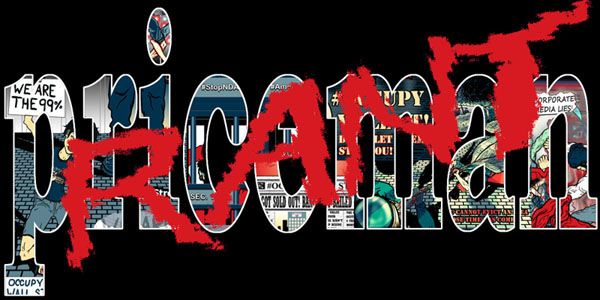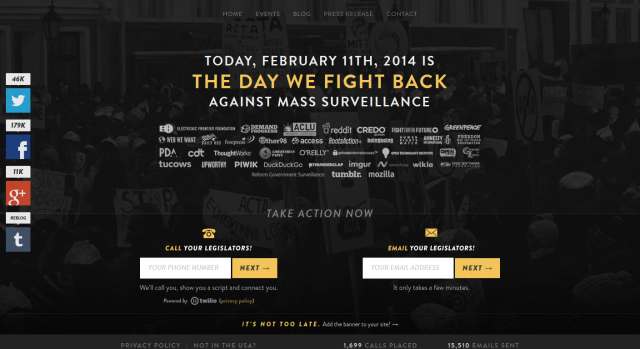When I get to it.
I got to it. ek is busy with canines. 😉 TMC
TV SChedule for Monday evening 2/10 – Tuesday afternoon 2/11
8:00 PM NBC: Alpine Skiing, Freestyle Skiing, Short Track
12:05 AM NBC: Short Track, Luge
1:05 AM NBC: Alpine Skiing, Freestyle Skiing, Short Track (Repeat of Prime Time)
3:00 AM NBCSP: Curling, women’s: USA vs. Russia.
5:00 AM USA: Curling, men’s: USA vs. China.
5:00 AM NBCSP: Cross-country skiing: men’s and women’s individual sprint competitions.
6:00 AM NBCSP: Cross-country skiing: men’s and women’s individual sprint gold medal finals.
10:00 AM MSNBC: Hockey, women’s: Russia vs. Japan.
10:00 AM NBCSP: Figure skating: pairs’ short program.
1:30 PM: NBCSP: Ski jumping: women’s individual K-95 gold medal final; speed skating: women’s 500m gold medal final.
3:00 PM: NBC: Cross-country skiing: men’s and women’s individual sprint gold medal finals; luge: women’s gold medal final runs; freestyle skiing: women’s slopestyle.
5:00 PM CNBC: Curling, women’s: USA vs. Great Britain.
5:00 NBCSP: Hockey: Game of the Day.
8:00 PM NBC: Snowboarding: men’s halfpipe gold medal final; figure skating: pairs’ short program; freestyle skiing: women’s slopestyle gold medal final; ski jumping: women’s individual K-95 gold medal final.
Medal Events for Monday 2/10
Alpine Skiing: Women’s Super Combined Slalom
Official Results
Gold: GER Maria HOEFL-RIESCH 2:34.62
Silver: AUT Nicole HOSP 2:35.02
Bronze: USA Julia MANCUSO 2:35.15
Biathlon: Men’s 12.5 km Pursuit
Official Results
Gold: FRA Martin FOURCADE 33:48.6
Silver: CZE Ondrej MORAVEC 34:02.7
Bronze: FRA Jean Guillaume BEATRIX 34:12.8
Short Track: Men’s 1500 m Finals
Official Results
Gold: CAN Charles HAMELIN 2:14.985
Silver: CHN Tianyu HAN 2:15.055
Bronze: RUS Victor AN 2:15.062
Speed Skating: Men’s 500 m Race
Official Results
Gold: NED Michel MULDER 69.312
Silver: NED Jan SMEEKENS 69.324
Bronze: NED Ronald MULDER 69.46
A sweep by the Netherlands and two brothers TMC



 On this day in 1990,
On this day in 1990,  Mandela was imprisoned on
Mandela was imprisoned on
Recent Comments